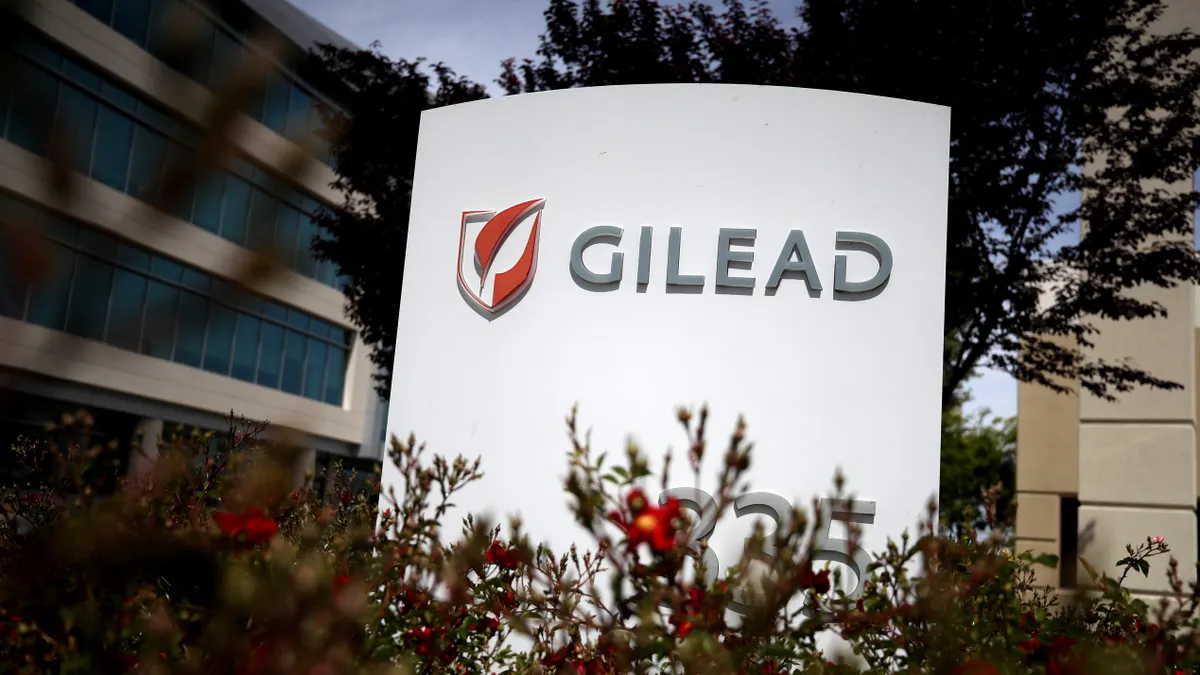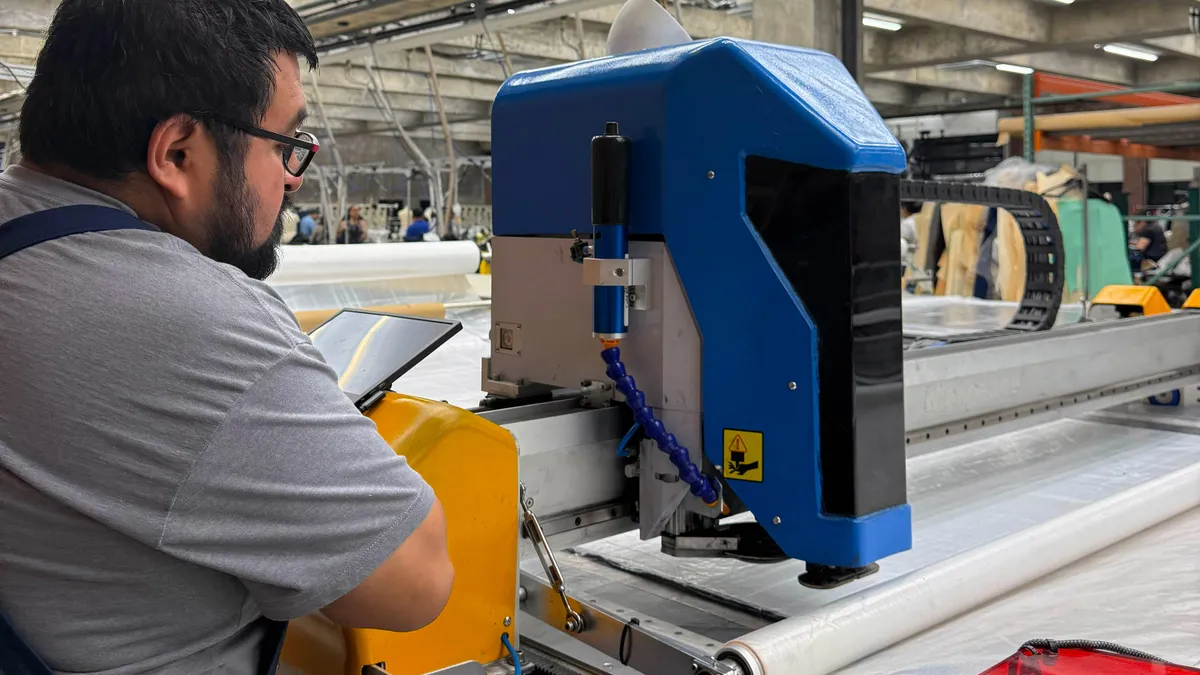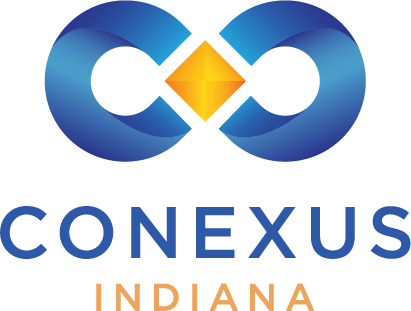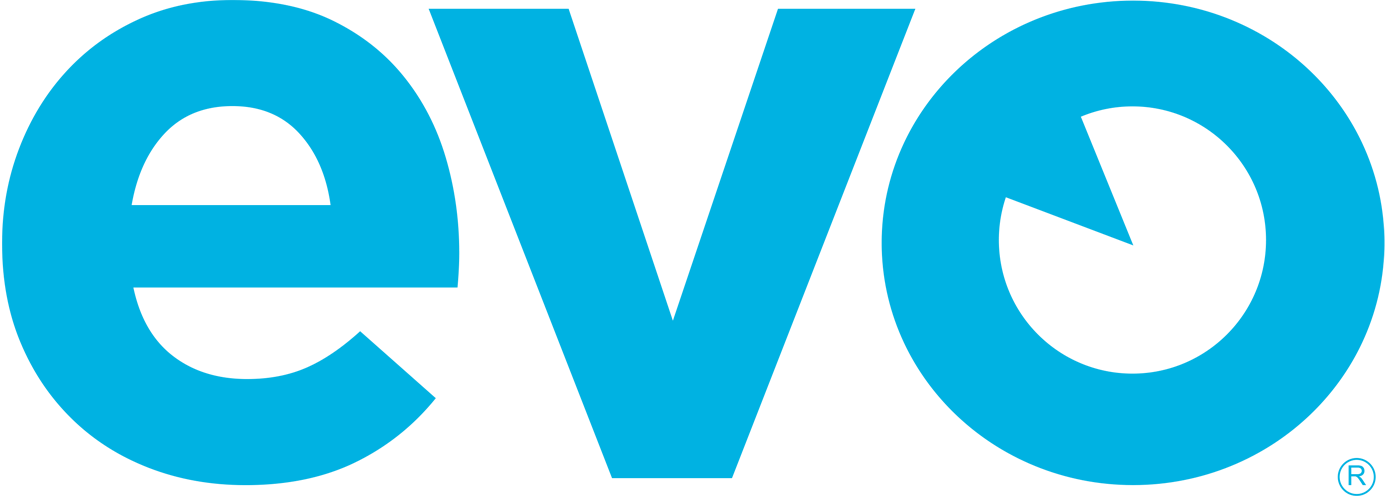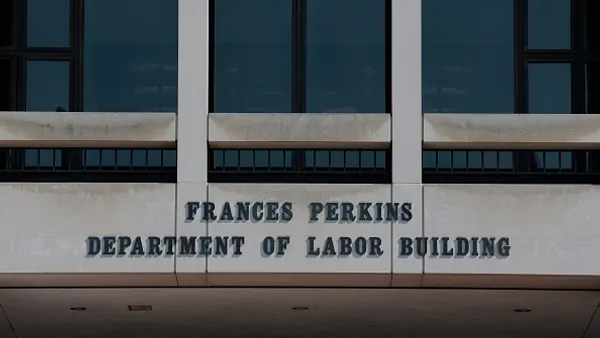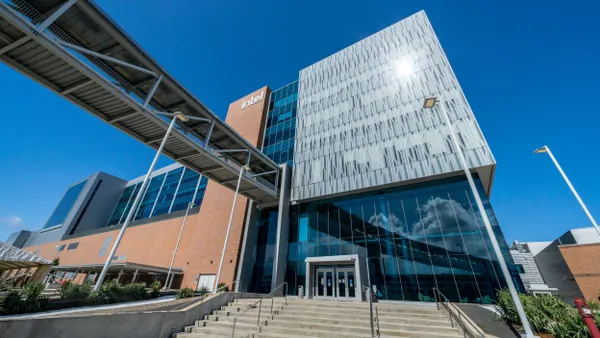Dive Brief:
- Gilead on Wednesday became the latest U.S. drugmaker to pledge new investments in U.S. manufacturing, as President Trump threatens the worldwide industry with tariffs.
- The California biotech said it’s now planning an additional $11 billion in capital and operational investments in the U.S. on top of $21 billion already committed for U.S. manufacturing, research and development through 2030. The figure includes $4 billion for capital projects, $5 billion for technology, operations and research activities and $2 billion for digital and engineering projects.
- The investments will help create about 800 new positions and indirectly support the creation of more than 2,200 jobs by 2028, Gilead said. The company said it’s planning to build three new facilities and upgrade three existing sites in the U.S. in the coming years.
Dive Insight:
Like other major drugmakers, Gilead is attempting to show that it’s serious about U.S. manufacturing investment as Trump weighs tariffs that could roil the pharmaceutical industry. Since February, top companies have announced more than $180 billion in new commitments, including $55 billion from Johnson & Johnson and $50 billion from Roche.
The pledged investments will take years to make an impact, even if they all come to fruition. Trump this week directed the Food and Drug Administration to streamline regulations to speed the building of U.S. drug manufacturing facilities. But all construction takes time, and pharmaceutical plants must meet specific requirements to ensure that their products are safe for consumers.
Gilead is already better positioned than many large drugmakers to stave off the effects of industry-specific tariffs. The “vast majority” of the company’s intellectual property is in the U.S. and more than 80% of profits are recognized in its home country, CEO Daniel O’Day told analysts and investors last month on a conference call.
Still, like other global companies, Gilead depends on suppliers around the world for certain items that may already be subject to levies. As executives think about higher costs in the future, Gilead is looking at items like steel, lab supplies, chemicals and reagents, O’Day said.
Meanwhile, the drug industry is facing threats from the Trump administration on other fronts as well. Health and Human Services Secretary Robert F. Kennedy Jr. has long been critical of pharmaceutical companies and has slashed jobs that the industry says are crucial for drug development. The FDA’s latest hire, Vinay Prasad, has been highly critical of previous agency leadership.
And Trump is threatening to take further actions to reduce pharmaceutical prices in tandem with tariffs. Early next week, he plans to sign an executive order directing the government to pursue a policy that would tie the amount that Medicare pays for certain medications to the lower prices that are available in foreign countries, Politico reported.


